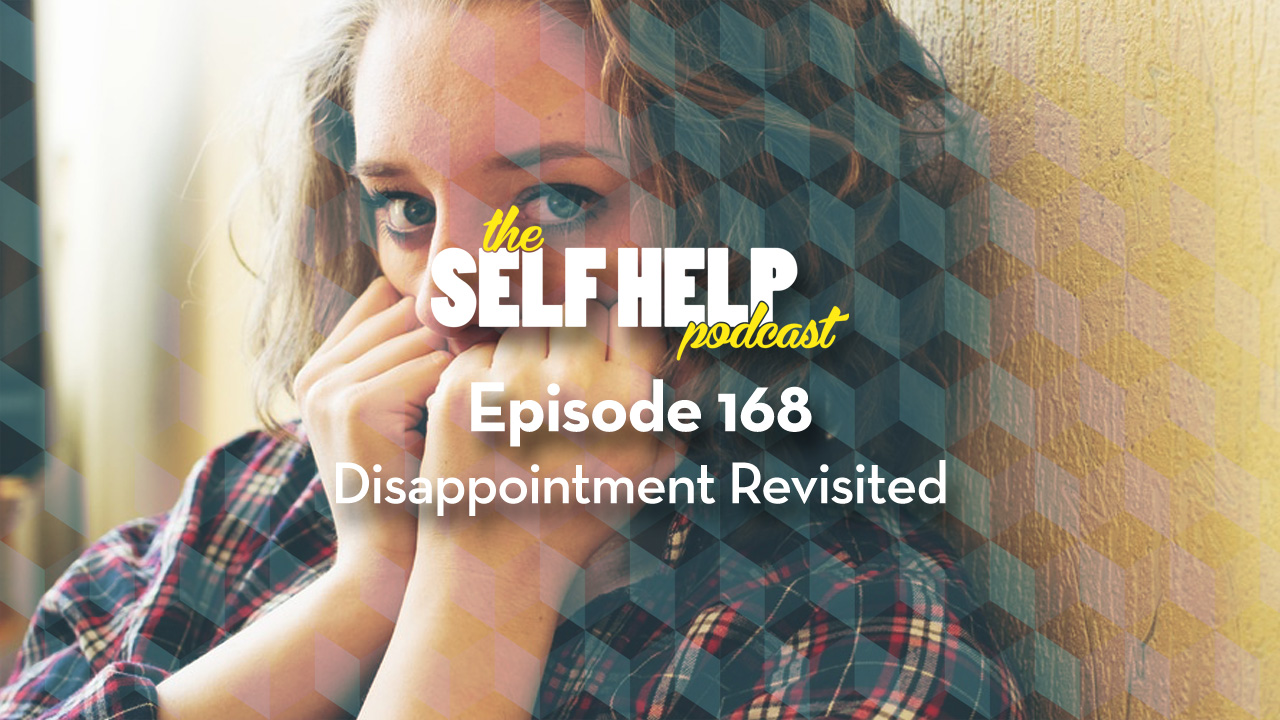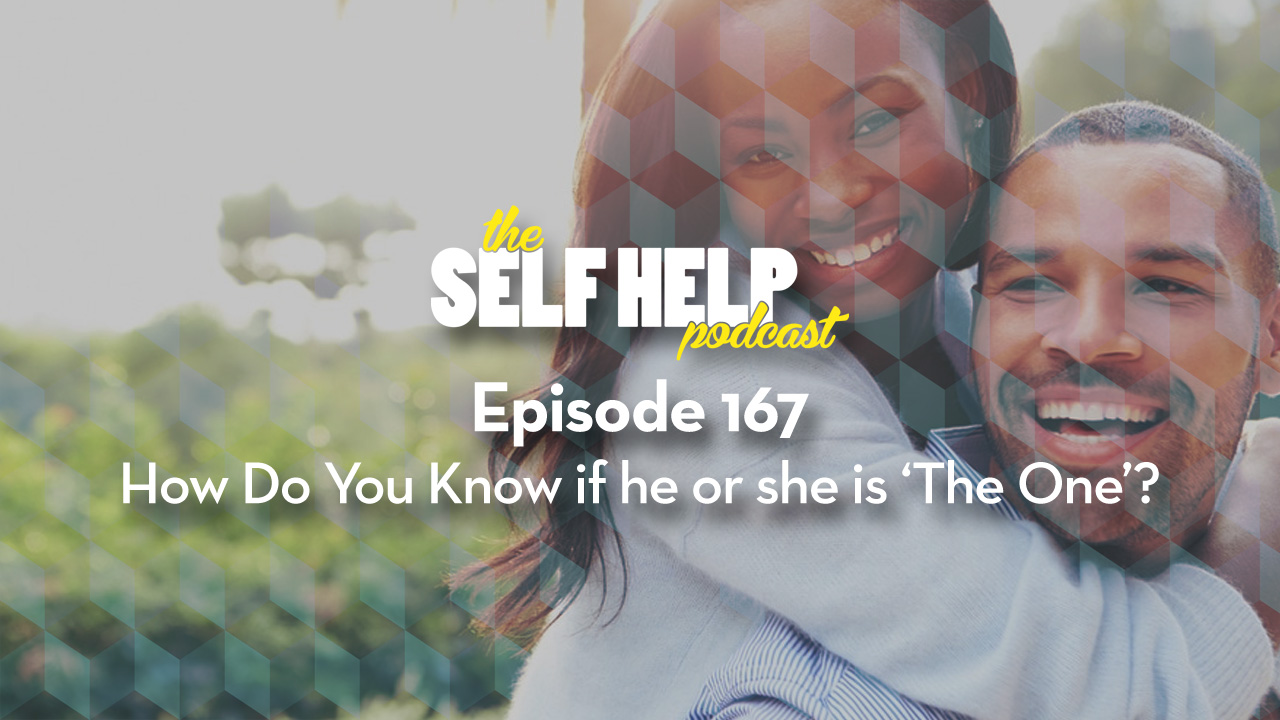Uncertainty is a form of anxiety. Anxiety is living an imagined future right now. To be anxious is to not live in the present.
Anxiety and uncertainty are bed fellows. Even the most focused and determined of people can never be 100% sure of the outcome of life or their endeavours. Yet, we are not all anxious why is this?
I recall reading a study about men being kept on death row somewhere in the states. The research showed that while under the threat of execution the inmates would produce high levels of stress hormones and feel high levels of anxiety. Once they had been given a death date, even if it was a while in advance, their production of stress hormone would drop. The conclusion of the study was that uncertainty creates stress and anxiety but knowledge, knowing what will be happening, takes away the stress. It would seem that certainty, even if we are certain of difficult outcomes is less stressful that simply not knowing.
Whatever will be, will be
There is another way of approaching the future and that is in accepting that what ever will be, will be. There are things that we can change and things that we can’t. It is helpful to know the difference.
Serenity
Is the state of calmness where there is peace and untroubled thoughts or feeling.
According to Wikipedia the Serenity Prayer was authored by the American theologian Reinhold Niebuhr 1892–1971 The best-known form is:
God, grant me the serenity to accept the things I cannot change,
Courage to change the things I can,
And wisdom to know the difference.
In the 1930s and 1940s the above prayer was adopted and popularised by Alcoholics Anonymous and other twelve-step programs. The original prayer looked more like this…
God, give me grace to accept with serenity
the things that cannot be changed,
Courage to change the things
which should be changed,
and the Wisdom to distinguish
the one from the other.
Living one day at a time,
Enjoying one moment at a time,
Accepting hardship as a pathway to peace,
Taking, as Jesus did,
This sinful world as it is,
Not as I would have it,
Trusting that You will make all things right,
If I surrender to Your will,
So that I may be reasonably happy in this life,
And supremely happy with You forever in the next.
The Law of Allowing
In our, live in the present, work we use the law of allowing to avoid engaging in thankless tasks that will only wear us down or wear us out. Allowing the mad people to be mad without joining them or needing change them leads to serenity. When we can accept the world, and others, as they are the uncertainty, stress and anxiety fall away.
This is not fatalistic
To be fatalistic assumes a lack of control. In the law of allowing being the observer of events does not make use powerless or inactive. It is more that when we choose to engage we do so mindfully with clarity of vision and purpose. We do not engage in headless chicken syndrome running around in panic and worrying about things that we cannot effect, or that we cannot effect ‘yet’.
Become a positive script writer
We know that we are each writing our experience before it happens, we are choosing how we respond to life.
We are not effected by events
We are effected by our response to events
We have choices and anxiety, to be anxious, is a choice. It may not feel like that at the outset and in extreme cases we may need medication to help us reset our system. Anxiety is never the way that we are, it is the way that we have learned to be and we can learn to be different, to not be anxious.
We don’t have problems we have opportunities
When we realise and embrace the amazing creativity of human consciousness and our ability to solve problems, whatever they are, anxiety and uncertainty does not exist. When I know that whatever happens I will be able to deal with it there is no fear. It is only when we loose that perspective that uncertainty and entirety take hold.
Catastrophisation
Often the things that we do become anxious about are neither here nor there. It is simply that by focusing on them they have got bigger.
What you feed grows and what you starve dies
OCD is the result of focusing exclusively on something and allowing it to grow so large that it takes over the now so that we cease to be present in the moment but live in the fear of uncertainty and anxiety.
My friends, uncertainty and anxiety
Uncertainty and anxiety, not anxiety disorder, have been with us through out evolution. They have kept us safe in our quest to survive by not being eaten by predators or falling from trees. The awareness that comes with normal anxiety is good, not scaring and does not create uncertainty. When appropriate anxiety gives us the awareness that we need to stay safe.
Be serene and be happy
Sean X




